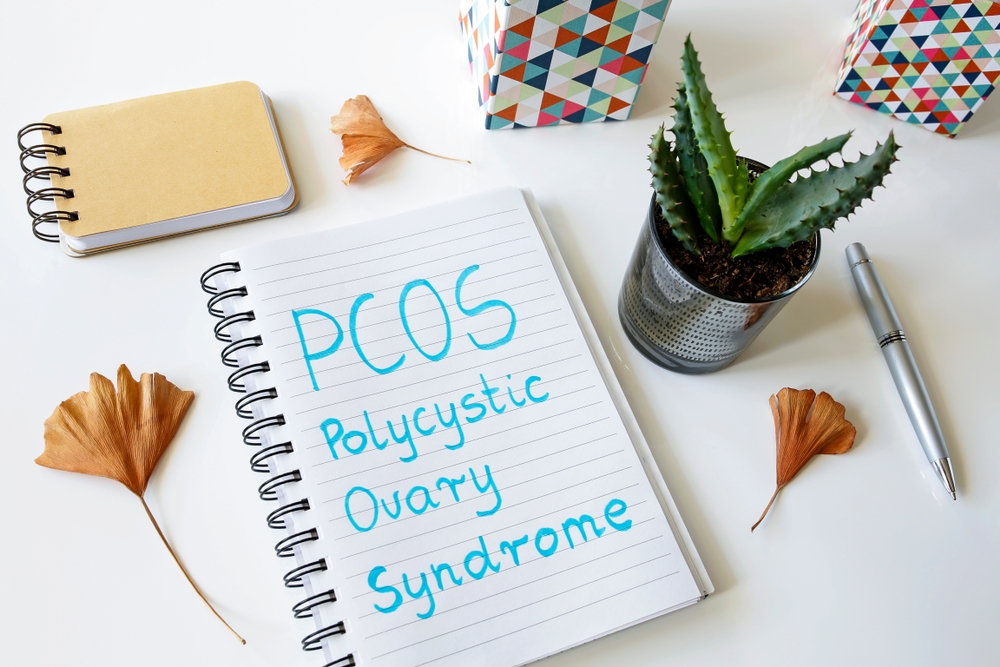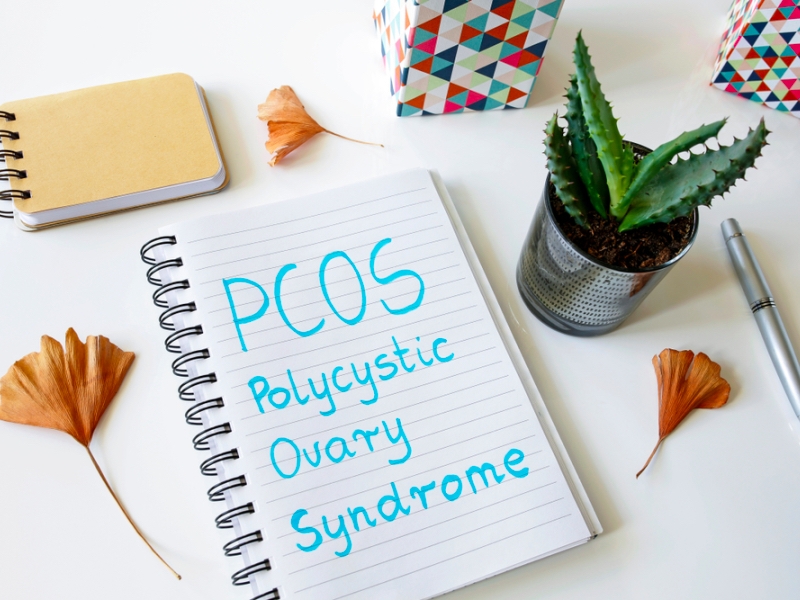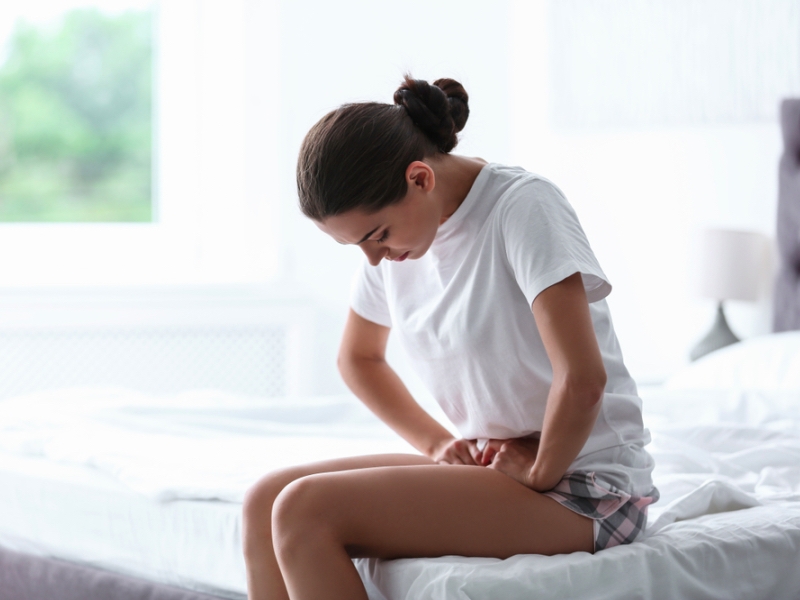
Article provided by Alice Y. Chang, M.D. Endocrinologist at Mayo Clinic
The demands of busy work environments and city life can lead to a high-stress lifestyle that not only impacts women’s mental health but can influence physical health, and more specifically, lesser known conditions such as Polycystic Ovary Syndrome (PCOS).
Many women are either glad or unimpressed when their periods show up. But what if you weren’t getting one at all? Or what if it never stopped? If you didn’t know, Polycystic Ovary Syndrome (PCOS) is a hormonal disorder common among women of which early signs frequently develop at the time of their first period and can lead to a significant impact on a women’s quality of life and well-being. Some women start developing symptoms in their 20s or 30s especially after discontinuing hormonal contraception.
The most well-known symptom of PCOS is irregular periods which occur when a woman is not ovulating every month. For example, you might have fewer than nine periods a year, more than 35 days between periods, more frequent periods or abnormally heavy periods. Because of the effect on ovulation, PCOS might be associated with reduced fertility. One of the causes and major symptoms of PCOS is due to elevations in the level of androgens (male hormones) including testosterone in the body, which might lead to excess facial hair and body hair, severe acne and male-pattern hair loss. PCOS is also associated with insulin resistance, weight gain and obesity, elevated blood pressure and high cholesterol levels, and a greater risk for prediabetes, gestational diabetes, type 2 diabetes and obstructive sleep apnea. Women with PCOS might also be at greater risk of developing significant depression and anxiety disorders,
It is important to consult a doctor as soon as first symptoms appear. Medical management can include different treatments depending on your symptoms as women with PCOS have different symptoms and goals. Medical forms of managing PCOS might include regulating the menstrual cycle with combined hormonal contraception (birth-control pills), a skin patch or vaginal ring – all which contain estrogen and progestin. These are often prescribed by a doctor to decrease androgen production and prevent overgrowth of the uterine lining if periods are infrequent. Regulating your hormones can lower your risk of endometrial cancer and correct abnormal bleeding, excess hair growth and acne. There are other anti-androgen treatments if combined hormonal contraception is not desired or an option. Metformin is a medication that can improve insulin sensitivity and may be used in PCOS to increase ovulation or regulate periods, assist in weight loss goals and/or prevent the development of diabetes.
Women’s lifestyle choices also play a significant role in improving PCOS symptoms. The demands of working and city life and culture leading to stress and an unhealthy lifestyle can aggravate symptoms of PCOS. The emotional and physical impacts of PCOS, can affect how a women identifies with herself and her body. Considering the following suggestions to help with PCOS symptoms:
- Staying in good shape: Weight loss can improve insulin sensitivity and androgen levels and may restore ovulation. Ask your doctor about a weight-control program, and meet regularly with a dietitian for help in reaching weight-loss goals.
- Regular exercise: Exercise helps improve insulin sensitivity and lower blood sugar levels. If you have PCOS, increasing your daily activity and participating in a regular exercise program may treat or even prevent insulin resistance and help you keep your weight under control and avoid developing diabetes.
- Pay attention to food: Low-fat, high-carbohydrate diets might increase insulin levels. Ask your doctor about a low-carbohydrate diet if you have PCOS. Choose complex carbohydrates, which raise your blood sugar levels more slowly.
- Mindfulness: Practicing breathing exercises, guided relaxation and meditation as well as taking part in slower form exercise such as yoga.
In order to prepare for an appointment it can help you to list symptoms you’ve been having and for how long as well as a record of your menstrual cycles. If you have been taking any medication or the pill, list all medications, vitamins and supplements you take, including the doses. Key personal and medical information, including other conditions, recent life changes and stressors are beneficial in diagnosing PCOS. Taking care of the symptoms of PCOS can help women feel better about themselves, take better care of their bodies and to choose a lifestyle that best supports their long-term health.
About the author
The primary research focus for Alice Y. Chang, M.D. is polycystic ovary syndrome (PCOS), a condition of excess male-type hormones and insulin resistance. In particular, Dr. Chang studies what causes insulin resistance in women with PCOS in order to prevent the development of obesity, diabetes and other risk factors for heart disease.







